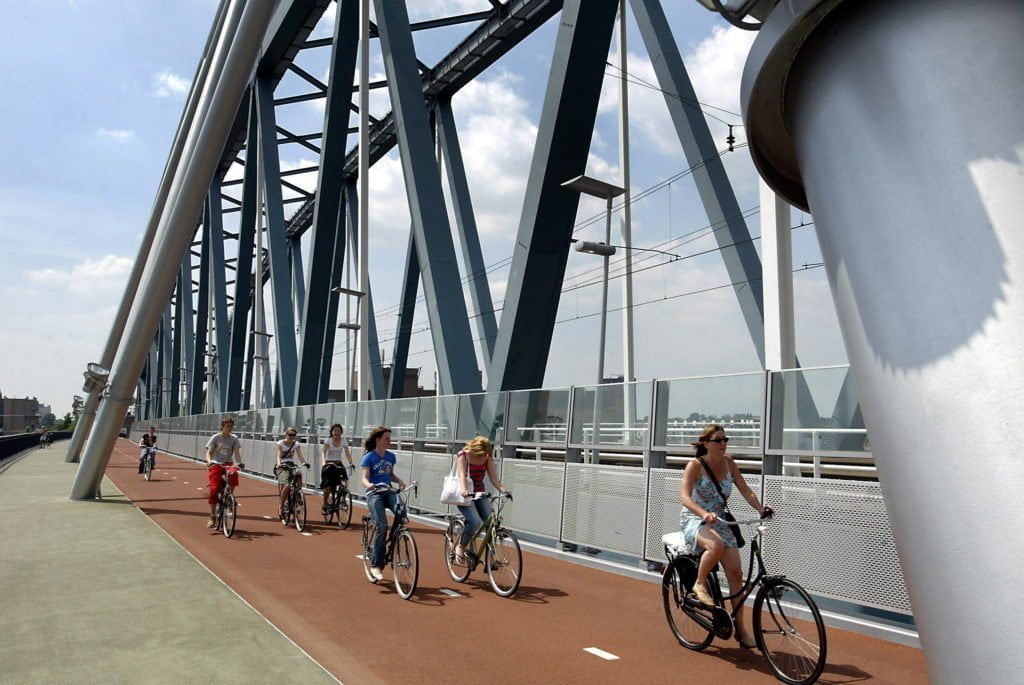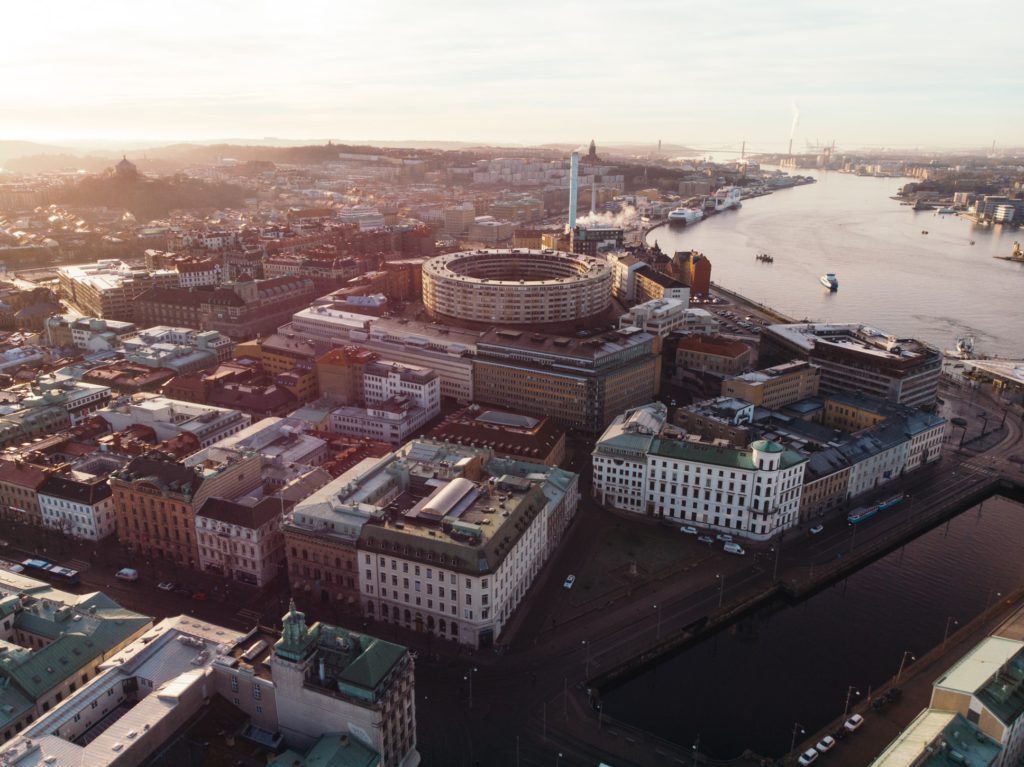COVID-19 is an opportunity to change urban mobility for the better, cities and regions say
PRESS RELEASE
BRUSSELS and ARNHEM NIJMEGEN, 30 November 2020 – At the 2020 edition of the Annual POLIS Conference, kicking off today, leading cities and regions make the case to avoid a “carbon lock-in” and reveal the underlying mechanisms of behavioural change.
At the conference’s opening plenary session, cities and regions of the POLIS Network affirm that COVID-19 offers a window of opportunity to influence deeply rooted mobility habits for the better.
Karen Vancluysen, POLIS Secretary General, said: “Amidst the health crisis, our cities and regions stepped into the frontlines. Now we have a unique window of opportunity to transform urban transportation for the better. We need to and we will bounce back, while not compromising on the ambitious targets we have set ourselves in making urban mobility cleaner, greener and more sustainable.”
Ahmed Marcouch, Mayor of Arnhem and Chair of the Arnhem Nijmegen City Region, said: "Being fully committed to the European climate ambitions, the Arnhem Nijmegen City Region is a crucial green metropolitan region on Europe’s corridors. Sustainable mobility is therefore the major challenge. Necessary investments from Europe are like a catalyst, just like learning and working together with other cities and regions. That is why we are so happy to co-organize the POLIS conference.'
Toni Orsulic, Vice Mayor of Gothenburg and President of POLIS, said: “The pandemic has, among so much else, put the public transport systems in our cities and regions under unprecedented stress. This conference addresses the urgent need for support. We will also reaffirm our commitment to finding common solutions to re-shape urban travel and transport in a more sustainable direction.”
Maarten Tjallingi, former professional cyclist and bicycle mayor of Arnhem Nijmegen city region, said: “Disruption always leads to a new reality. This counts for your personal life, but also for our cities. Next to taking care of our body – the only tool we have as cyclists – we have to take care of the planet. Reflecting on the little things that go well can give you the energy to take care of bigger challenges.”
Daniel Helldén, Vice Mayor of Stockholm, said: “As politicians, we have to understand what citizens can accept. In my view, this means we have to develop affordable, accessible, and simple solutions. Simplicity is especially important. Nudging can then help to make it even easier for our citizens to change their behaviour.”
Giulio Mattioli, transport researcher at the Dortmund Technical University, said: “Individual choices are important, but we should not overlook structural issues: the way we plan and build our cities, the space we give cars, the investments we make in alternative modes of transport. We tend to look for a silver bullet, the one comfortable change to make, and take our eye of the many other – unpleasant – changes to make. We will need comprehensive, integrated and sensible packages of ‘carrots and sticks’ to get there eventually.”
Lucy Saunders, Director of Healthy Streets, said: “Two key factors determine whether people change their behaviour: the mechanism of rewards and penalties, and the idea that the context supports our actions. If we create a healthy environment, people can then choose a healthy lifestyle. The best streets are designed from the perspective on how human beings experience the streets. Streets need to be fit for human consumption again.”
Mirjam van Coillie, director of Marketing and Innovation at Gazelle, said: “When the Dutch Royal family or the prime minister cycle, they give the message that we are all equal. That is why marketing bicycles is less about status and technical features, and more about equality. We are currently experiencing a ‘bike boom’. The COVID-crisis has shown us that there are alternatives to travel to work, and the e-bike easily allows for home-to-work journeys of 15 kilometres.”
The 2020 edition of the POLIS Annual conference, gathering hundreds of experts from around Europe and beyond to discuss transport innovation in cities and regions, is taking place online and will last until Thursday 3 December. The conference is co-hosted by the City Region of Arnhem Nijmegen, a member of POLIS.
###
Contact
Francesco Ripa, Communications Manager, fripa@polisnetwork.eu
Note to editors
POLIS is the leading European network of cities and regions on urban transport innovation. European local and regional authorities work together within POLIS to promote sustainable mobility and exchange good practice in the deployment of innovative transport solutions.


